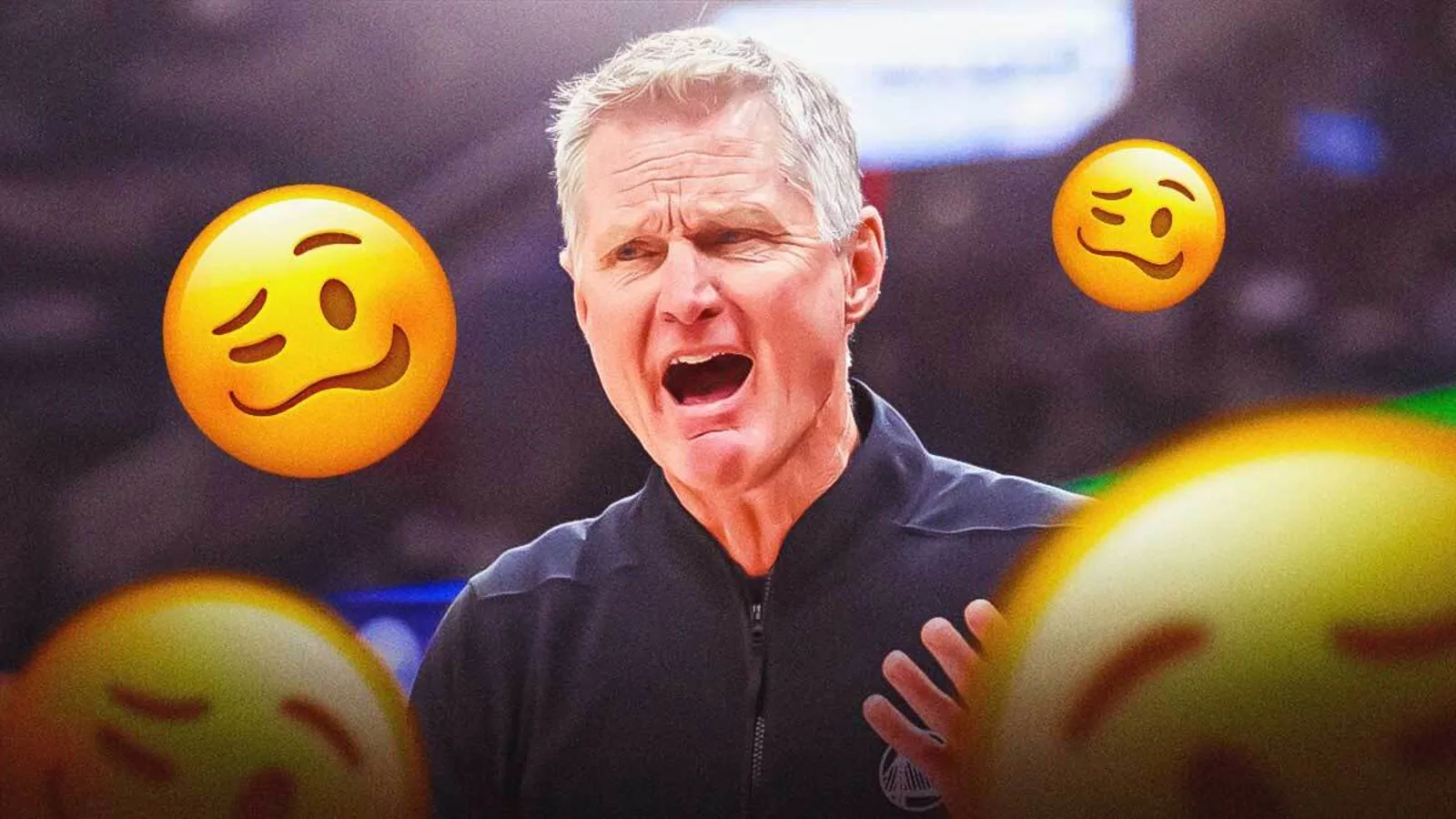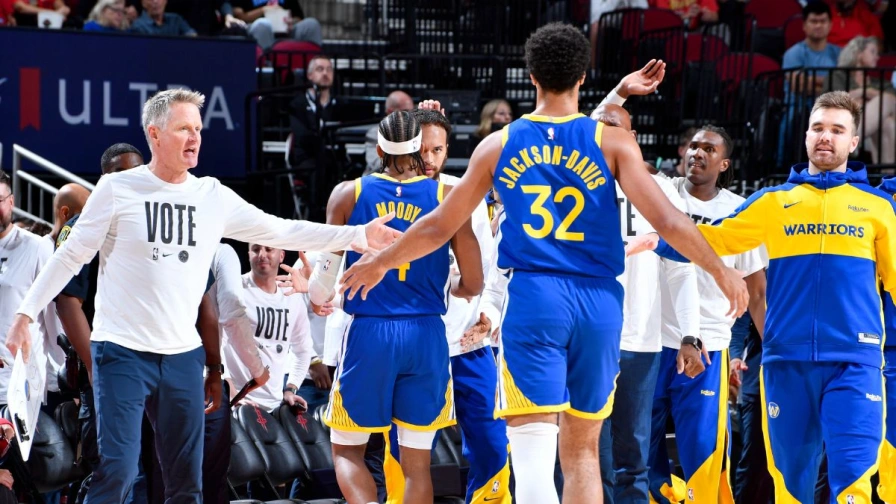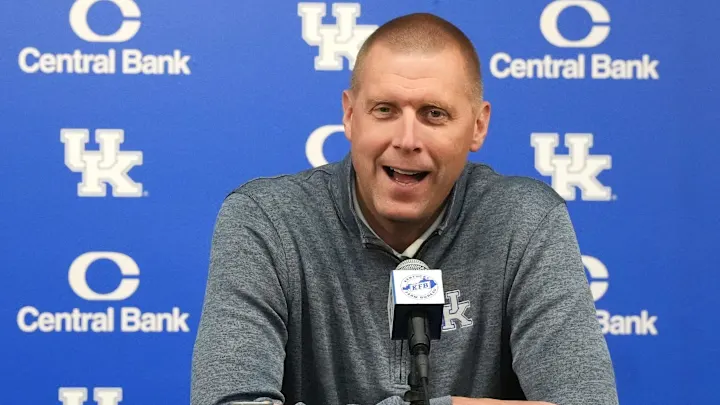Shelton Henderson, a highly touted high school basketball prospect, has officially committed to play for Duke University, signaling a major victory for head coach Jon Scheyer and the Blue Devils’ program.
Henderson, a dynamic guard known for his scoring ability, athleticism, and basketball .

made the announcement on social media, where he expressed his excitement about joining the storied Duke basketball family.
The commitment comes after a standout high school career where Henderson established himself as one of the top players in his class.
Known for his explosive first step, scoring versatility, and leadership on the court, he has drawn comparisons to some of the great guards who have come through the Blue Devils’ ranks in the past.
His ability to impact the game both offensively and defensively makes him a valuable addition to Duke’s backcourt.
For Duke, Henderson’s decision is a significant one, further bolstering their recruiting class for the upcoming seasons. Scheyer, who took over as head coach following Mike Krzyzewski’s retirement, has focused on building a program that blends elite talent with a team-first mentality.
With Henderson now in the fold, Duke continues to solidify its position as one of the premier destinations for top-tier recruits.
Henderson’s commitment is not only a win for Duke on the court but also off it, as his high character and work ethic align with the program’s values.

As Duke looks to build upon its recent successes and maintain its legacy as a powerhouse in college basketball, the addition of Henderson is expected to make a significant impact both in the ACC and on the national stage.Fans of the Blue Devils are eagerly awaiting to see the impact Henderson will make when he arrives on campus.













